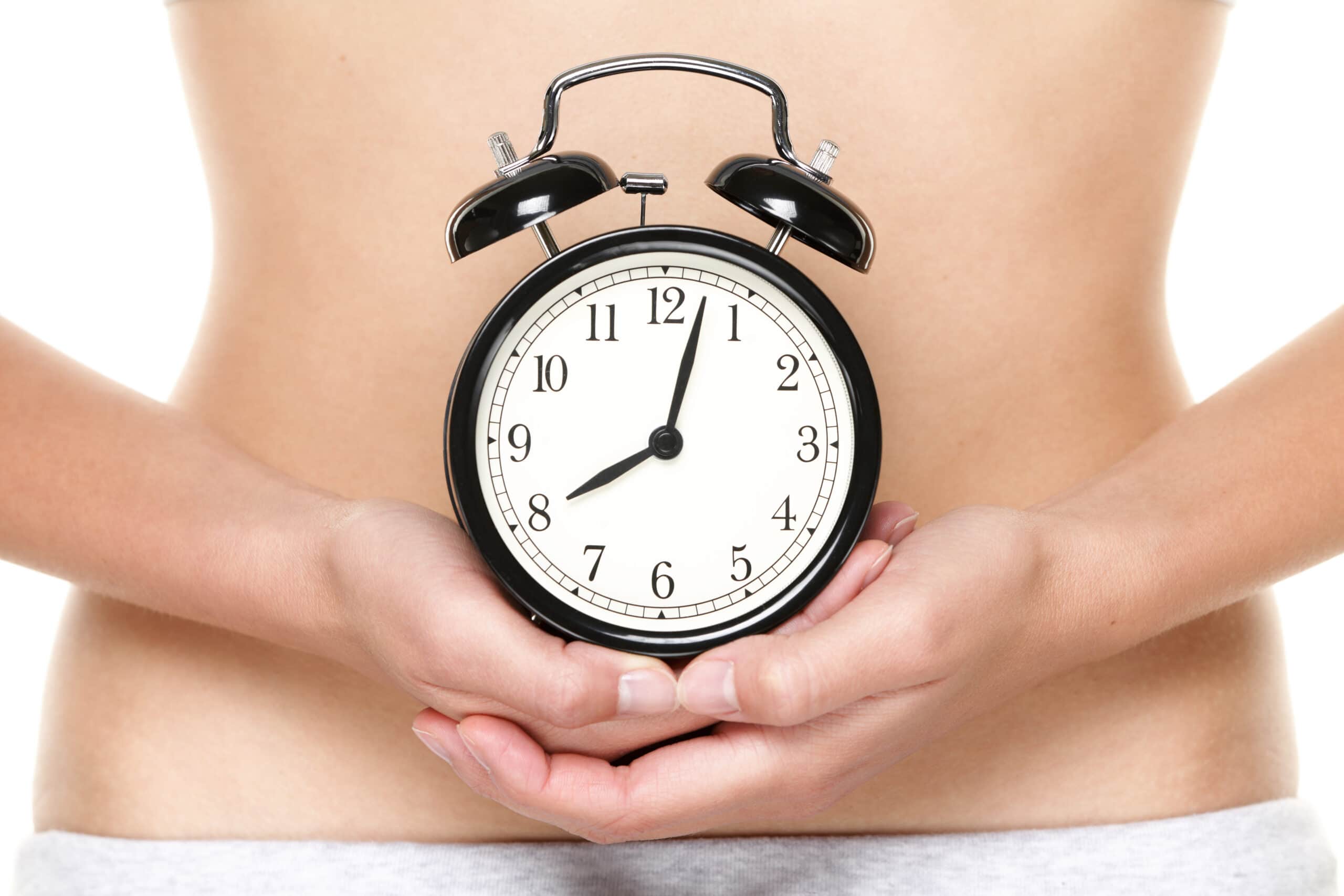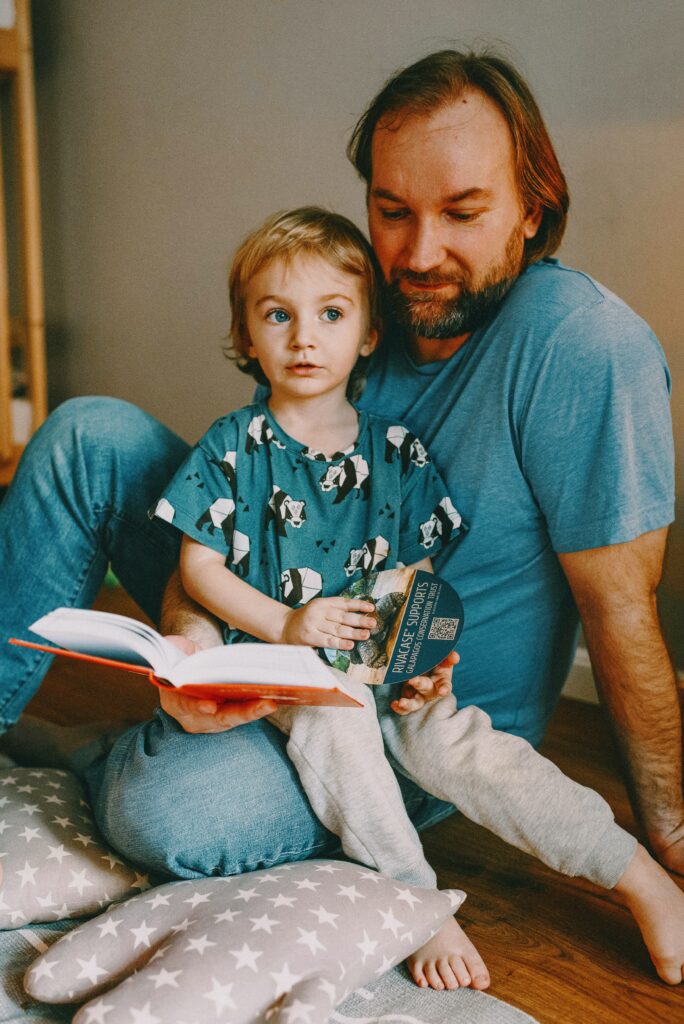Fertility Fundamentals lays the foundations for understanding your reproductive health and empowers you to take control of your wellbeing. Reliable scientific information underpins everything we do and helps you go forward with confidence during your fertility journey.
Age and Fertility
Understanding how your fertility changes with age is a crucial when it comes to ensuring you have the family you may desire and taking control of your reproductive health throughout life. In this section, we explain how age affects both male and female fertility and take a closer look at:
One of the most significant things that affects the fertility of a couple is their ages, in particular the age of the woman.

Female Age
Female fertility declines with age and a woman is at her peak fertility in her early twenties. Fertility starts to decline more quickly in the mid-thirties, though not at the same rate for all women. This can be the difficult part, as reports in the press and even discussions with doctors can make it seem like it’s the same for everyone, but individual variation means that we cannot predict with accuracy when any one particular woman will become incapable of conceiving. The age-related decline in fertility has a strong genetic component and a good indicator is your mother’s fertility and age at which she reached menopause. The aim should be to complete your family before the age your mother reached the menopause, minus ten years. So, if your mother reached the menopause at 52, you should aim to have all of your children before you are 42. Given that it can take several months or more to conceive, you can start to see why fertility experts tend to advise that women should ideally try to start a family by their late twenties. The idea is that there is time to have more than one child if that is the goal and, if any problems do come up, there is time to address them before age starts to become an issue. 35 is also the age at which we see IVF success rates for women decline. Therefore, although some will go on to have children later and there are other life considerations aside from our biology, if having a family is important and you have the freedom to make these decisions, knowing that female fertility does start to decline in the thirties is something to think about.
The decline in fertility with age is caused by both an ever-decreasing number of eggs in the ovaries and also a worsening of egg quality. Understanding your body and your menstrual cycle in particular can help you understand how your fertility may be changing over time and we discuss this in more detail in our courses.
Human beings are one of the few species where fertility ends well before the end of life. Other species that have a menopause are certain cetacean species including orcas and it is thought we have evolved like this to help us rear our children and grandchildren. Research shows that orca grandmothers increase the survival of their grandchildren, especially when they are no longer reproducing themselves, for instance. Human beings also have an extended childhood compared to other species and we are reliant on our parents through adolescence and beyond the point we are capable of reproducing ourselves. It is likely the two things are linked – human childhood extended along with an earlier adult menopause – so women survive long enough to care for their children, too.
When women reach the perimenopause and finally the menopause, there is a progressive loss of hormones, including oestrogen, and this can bring a range of symptoms including hot flushes and vaginal dryness. Risk of certain illnesses also increase such as cardiovascular disease because oestrogen is protective up until the menopause.
Male Age
 Male fertility does also decline with age but to a lesser degree than in women. Although sperm is produced constantly in the testes, making sperm only ever around 3 months old (compared to the 20-, 30- or 40-something age of a woman’s eggs), sperm health is still affected by age. As men age, the processes involved in sperm production become less efficient leading to changes in sperm including more damage to the DNA and chance of mutations. This is why it can take longer to conceive with an older partner and there is an increased risk of pregnancy complications and also some health conditions in the child such as autism.
Male fertility does also decline with age but to a lesser degree than in women. Although sperm is produced constantly in the testes, making sperm only ever around 3 months old (compared to the 20-, 30- or 40-something age of a woman’s eggs), sperm health is still affected by age. As men age, the processes involved in sperm production become less efficient leading to changes in sperm including more damage to the DNA and chance of mutations. This is why it can take longer to conceive with an older partner and there is an increased risk of pregnancy complications and also some health conditions in the child such as autism.
Men don’t reach a fixed end to fertility in the same way as women and are capable of producing sperm throughout their life. Testosterone does decline with age, however, and this also contributes to reduced male fertility with age. Research shows that lower testosterone is independently linked to reduced chance of IVF success, for instance. Declining levels of testosterone are also linked to increased risk of other health conditions as men get older and increase the chances of erectile dysfunction.
References
- Adam Balen and Grace Dugdale. The Fertility Book: Your Definitive Guide to Achieving a Healthy Pregnancy. Penguin Random House (Vermilion) 2021
Copyright © 2024 Balance Fertility